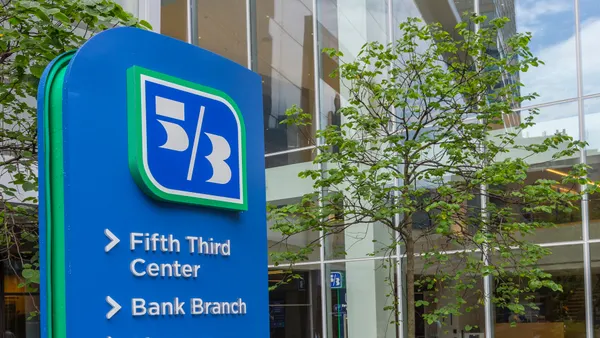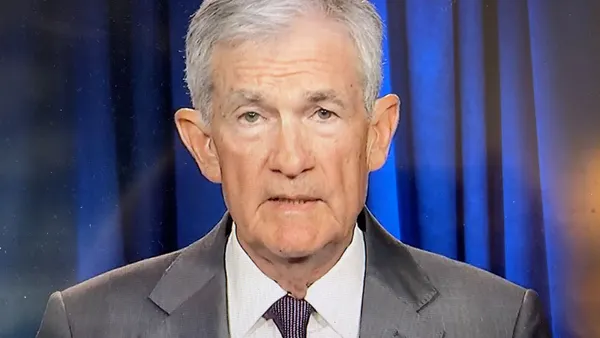A former First Community Bank vice president has been sentenced to five years in prison and five years of supervised release for embezzlement, the Justice Department said Tuesday.
Kellie L. Johnson, of Cullman, Alabama, pleaded guilty in May to embezzling about $2.3 million between July 2013 and June 2023. She worked at First Community Bank for nearly 25 years,
Johnson diverted money from the bank's Federal Reserve account to pay personal expenses, primarily credit card bills. She made roughly 273 fraudulent ACH transactions over 10 years, the DOJ said.
“To conceal her scheme, Johnson falsified transactions to reconcile the balance of the Federal Reserve account in the bank’s general ledger and deleted her ACH transactions,” the DOJ said.
The fraud was discovered when the Fed contacted the bank president about an overdrawn ACH account. When questioned, Johnson provided a fraudulent statement showing a positive balance. The scheme additionally cost the bank $138,185.40 in lost interest income from the Fed account.
The case came days after the Fed banned a former First Horizon banker from future work in the industry for allegedly embezzling roughly $34,000 from the bank for her personal profit.
Khalila Cooper worked as a teller at the Memphis, Tennessee-based lender from October 2021 until she was fired in February 2024.
During her tenure at the bank, specifically from August 2023 until mid-February 2024, she embezzled customer funds, according to the Fed.
“Cooper’s conduct constituted violations of law or regulation, unsafe or unsound banking practices, and breaches of fiduciary duty, and involved her personal dishonesty and her willful and continuing disregard for the safety and soundness of the Bank,” the central bank said in its prohibition order dated Aug. 7.
The Fed order prohibits Cooper from participating in the affairs of any federally regulated financial institution, including insured depository institutions, holding companies, subsidiaries, and certain foreign banks; soliciting, procuring, transferring, or voting any proxy or authorization related to voting rights in regulated financial institutions, or serving as an institution-affiliated party in any regulated financial institution.
Cooper neither admitted nor denied the Fed’s allegations.












